Do I Need a Spirometer? | CMI Health

Spirometers are useful devices that measure the air capacity of our lungs, which can tell us all kinds of things about our lung health. Spirometry is one of the most common and fundamental pulmonary function and breathing tests out there (American Lung Association, 2022). It tells us how well our lungs are performing by measuring how much and how quickly you are able to exhale air from their lungs. The different types of Spirometers can measure a range of functions and are used for breathing exercises, health monitoring, and more! But who exactly are Spirometers really for?
Spirometry & Respiratory Conditions
Those that suffer from respiratory conditions or illnesses can benefit greatly from Spirometry. Spirometry is used to diagnose asthma, chronic obstructive pulmonary disease (COPD) and other conditions that affect breathing (Mayo Clinic, 2017). Spirometry may also be used periodically to monitor your lung condition and check whether a treatment for a chronic lung condition is helping you breathe better. Spirometers are great devices to have at home because they allow users with respiratory conditions to independently manage their health.
Spirometry is a versatile and effective tool for tracking and monitoring the progress of lung disease and medication efficacy. Many chronic lung conditions should be consistently evaluated, with the goal of improving one’s quality of life while learning to live with lung disease. Without monitoring these conditions, it is difficult to assess the progress of the disease or the effectiveness of breathing treatments. Early recognition of detrimental symptoms can also lead to faster diagnosis and treatment, resulting in a decrease of long-term severity.
Digital spirometers, such as SpiroLink, are often the best suited for testing and long-term tracking of chronic respiratory conditions. Digital Spirometers require users to breathe into a mouthpiece for a specified amount of time. This allows the device to measure and analyze your lung capacity and overall function. Digital Spirometers are often used to generate reports that can be sent to the user’s phone via Bluetooth pairing with an app.
The digital aspect means they are electronically functioning devices that measure exhaled air via an internal turbine system. Such turbine systems can be susceptible to debris and damage, shortening the lifespan of the device. Rather than an internal turbine system, SpiroLink, a clinical-grade device, utilizes a pressure sensor that accurately measures data without risk of debris damage.
Interested in purchasing your very own Digital Spirometer? Click the link here.

Recovering From Surgery?
Spirometry is not only for those that suffer from chronic conditions. If you are recovering from a major surgery or illness, Spirometers can help monitor your lung function and even expand your lung capacity with breathing exercises. The initial post-operative period is a critical step in a patient’s recovery, as you are at the highest risk for complications during that time. Spirometers that are easily accessible at home are an innovative way for patients to take control over independently managing their health and even detect potential complications early on.
Incentive Spirometers are handheld breathing devices specifically designed for this, as they can prevent lung infections by expanding your lungs, strengthening your lungs, keeping your lungs inflated and clearing mucus and other secretions from your chest and lungs. You may have low oxygen levels after surgery or a serious illness, and an incentive spirometer helps you achieve a normal oxygen level. Incentive Spirometers are relatively simple devices, they operate using a piston system. Essentially, when the user breathes in, pistons on the inside of the tube will rise, actively measuring the amount of air taken in by the lungs (Cleveland Clinic, 2022).
There are two types of Incentive Spirometers commonly used:
- Flow-oriented incentive spirometer (FIS). An FIS device makes you work harder to breathe. It helps increase the muscles in your upper chest.
- Volume-oriented incentive spirometer (VIS). A VIS device doesn’t make you work as hard as an FIS device to breathe. It helps improve activity and movement in your diaphragm.
There are a lot of factors that can contribute to one’s decision about what the best type of Spirometer is for their specific needs. Click here for a more comprehensive guide to the different types of Spirometers.

Lung Health on the Job
Not everyone who benefits from the use of Spirometers has health problems. Spirometry can be a valuable tool for people that have careers where their livelihoods and job performance depend on optimal lung function. Musicians, athletes, and more can use Spirometers to continually track and even improve their lung capacities. Digital Spirometers are a great tool for daily monitoring of lung health and can be very insightful to anyone that wants to stay on top of their respiratory health.
Athletes, such as professional divers for example, can greatly improve lung health and capacity with the use of Spirometry. Optimal lung function is indispensable for sports that depend on strong performances in the water. Normal spirometry readings are even required for medical clearance of professional divers in many countries. Spirometers can also help divers and other athletes know if they are over-exerting themselves and to take breaks before they cause damage to their lungs (NIH, 2005).
For musicians, there are many breathing exercises out there to help improve their lung capacities. Playing an instrument requires musicians to breathe as deeply as possible so they can hold longer notes, and generally get the most out of each breath. This is where breathing exercises can make all the difference. Many of these exercises can be used in tandem with a Spirometer, as having total breath support and control makes singing and playing certain instruments easier (American Lung Association, 2020).

“Do I need a Spirometer?” is a common question when it comes to Spirometry and lung health. For many people, while the answer may not be a yes out of sheer necessity, the benefits that come with Spirometry are too great not to take advantage of. Spirometers are for anyone that wants to monitor and improve their lung health, whatever their circumstances may be. Follow CMI Health to stay up to date with the latest industry innovations and medical device information to take the guesswork out of purchasing important healthcare devices.
Still have questions? Feel free to contact us at info@cmihealth.com or call us at 888-985-1125 (ext. 1).




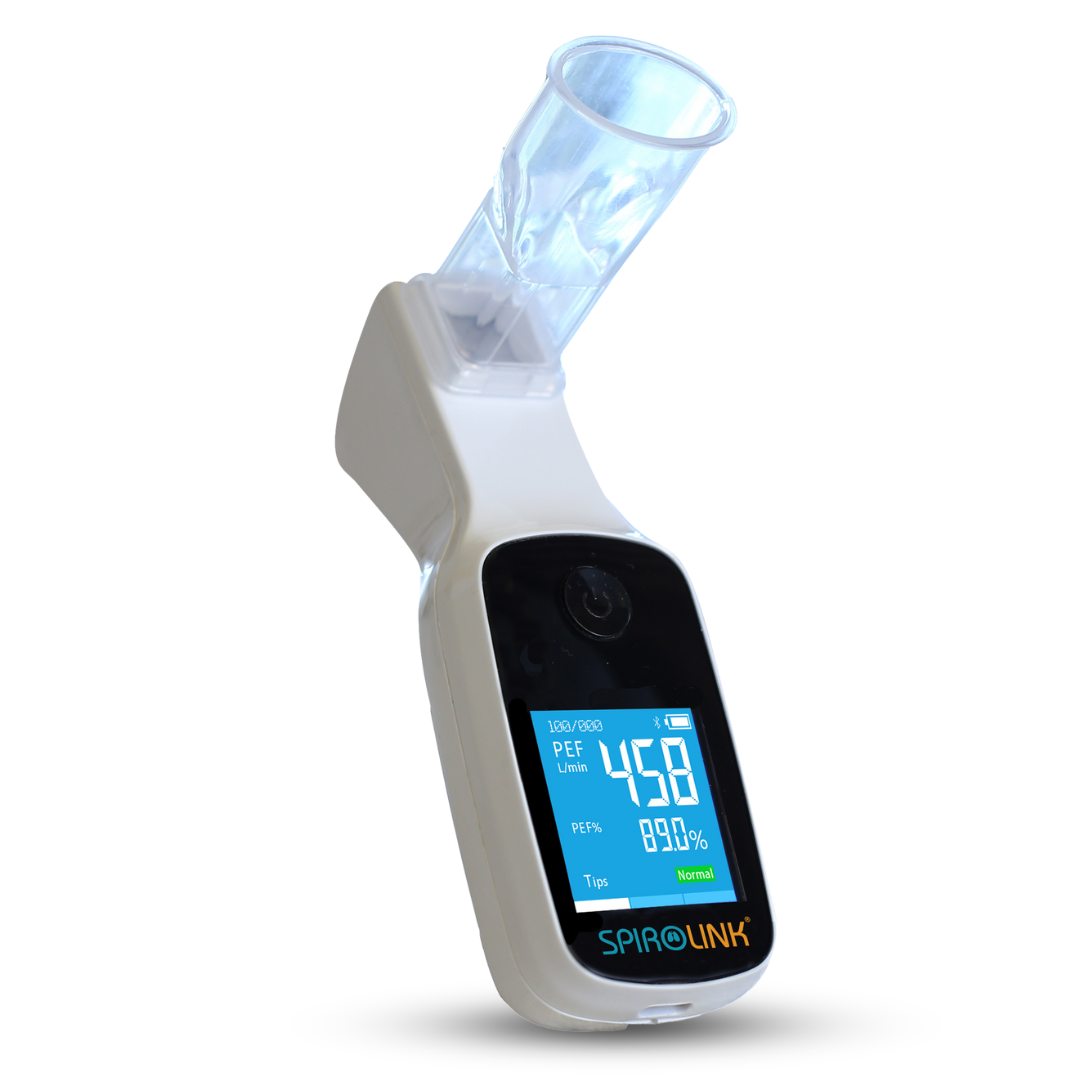
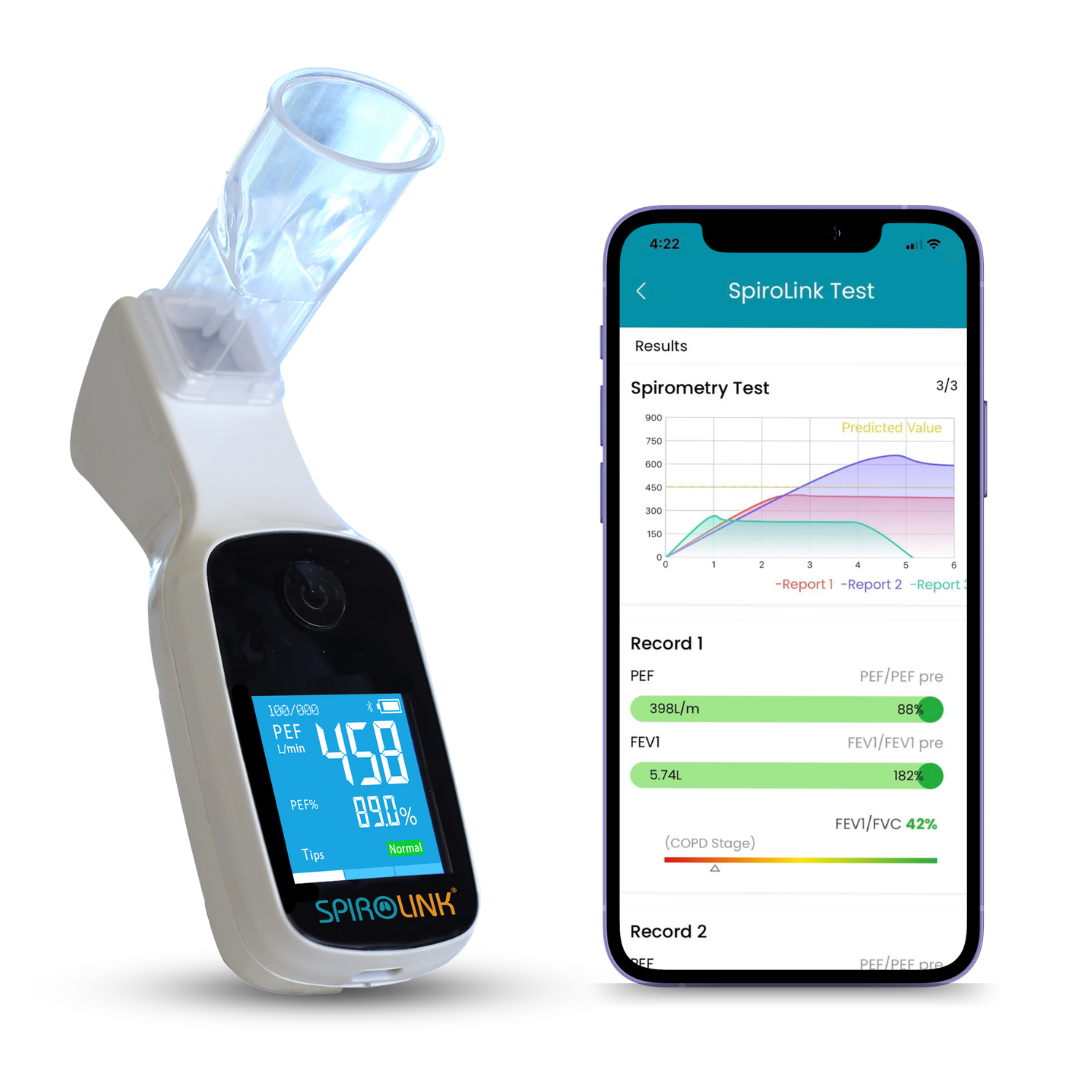
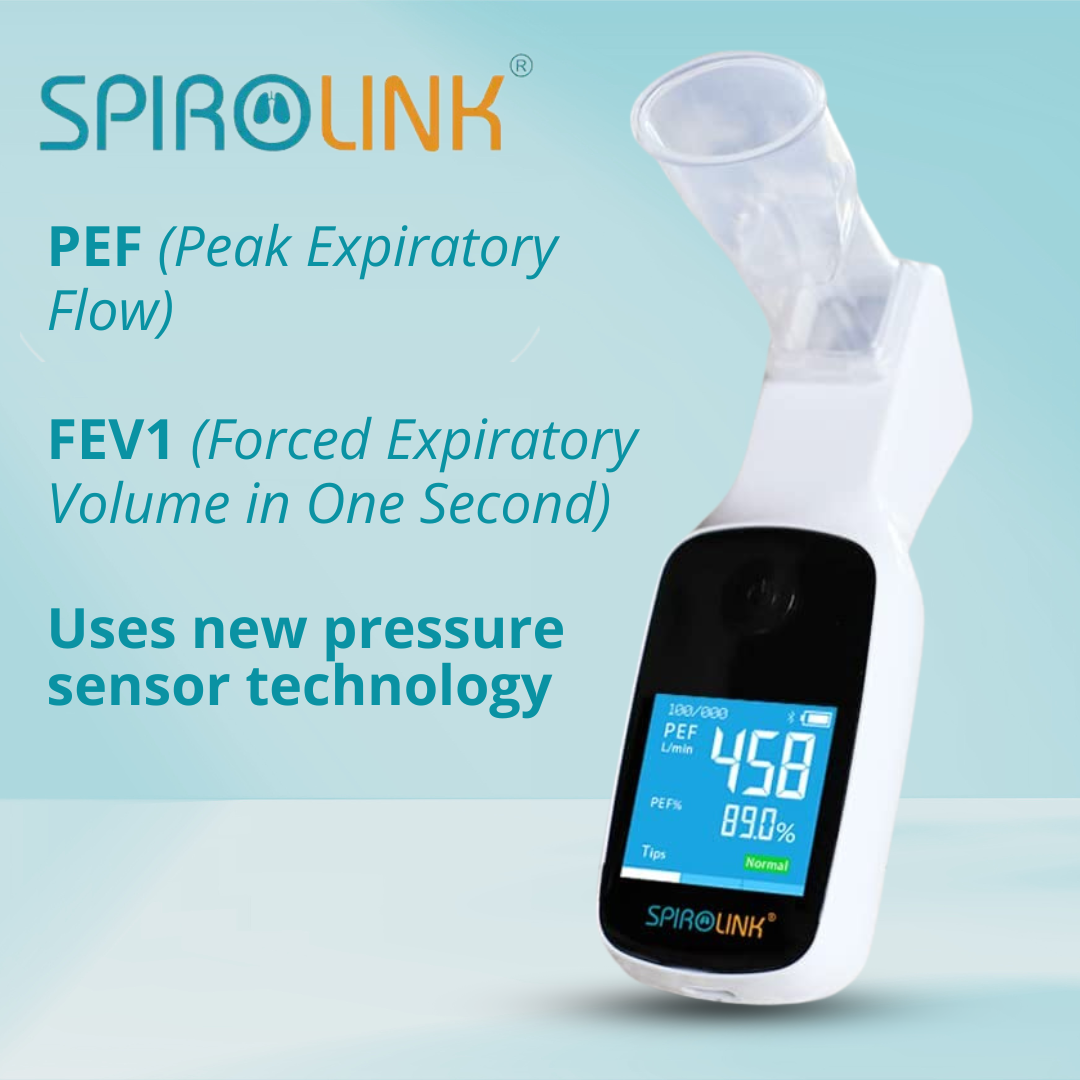
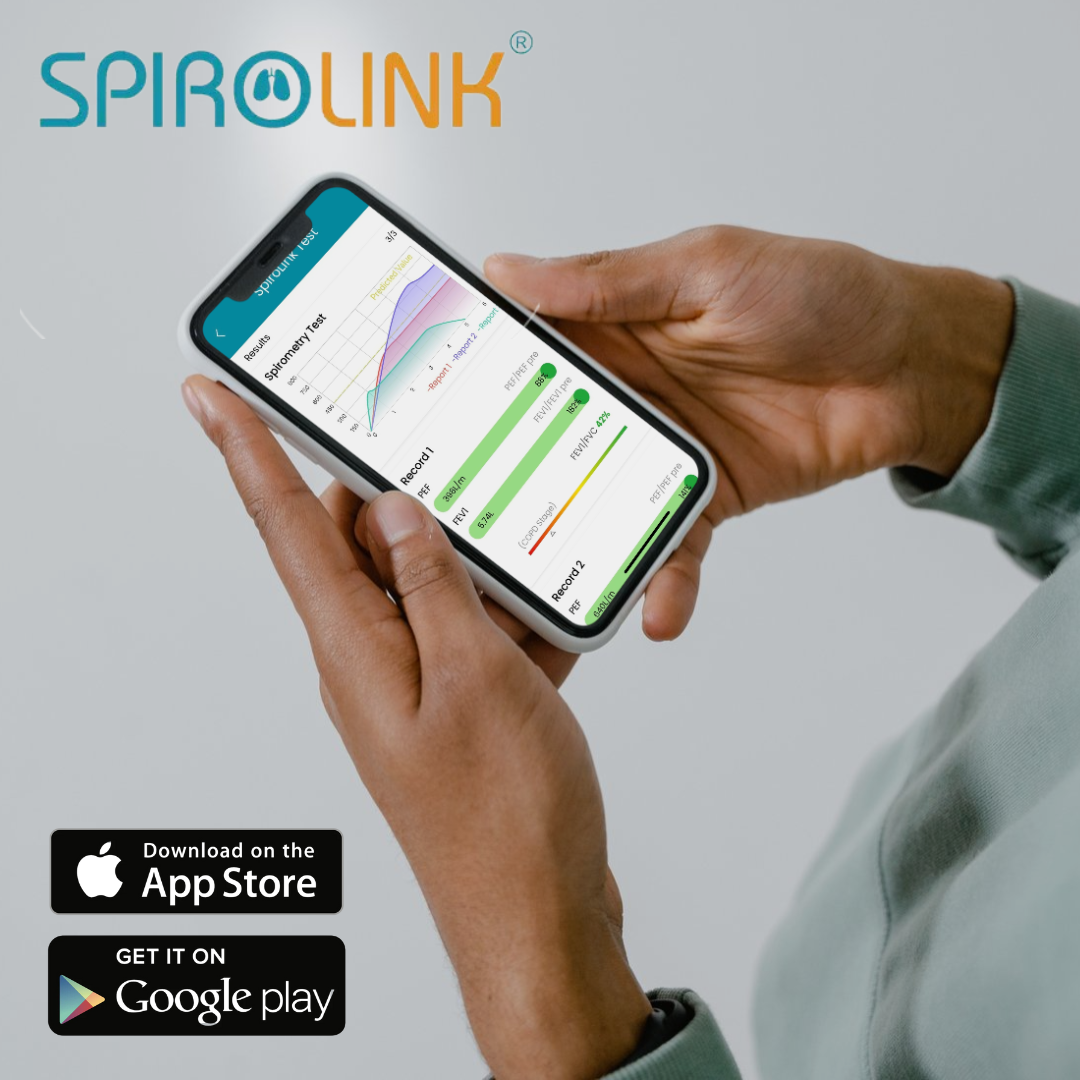
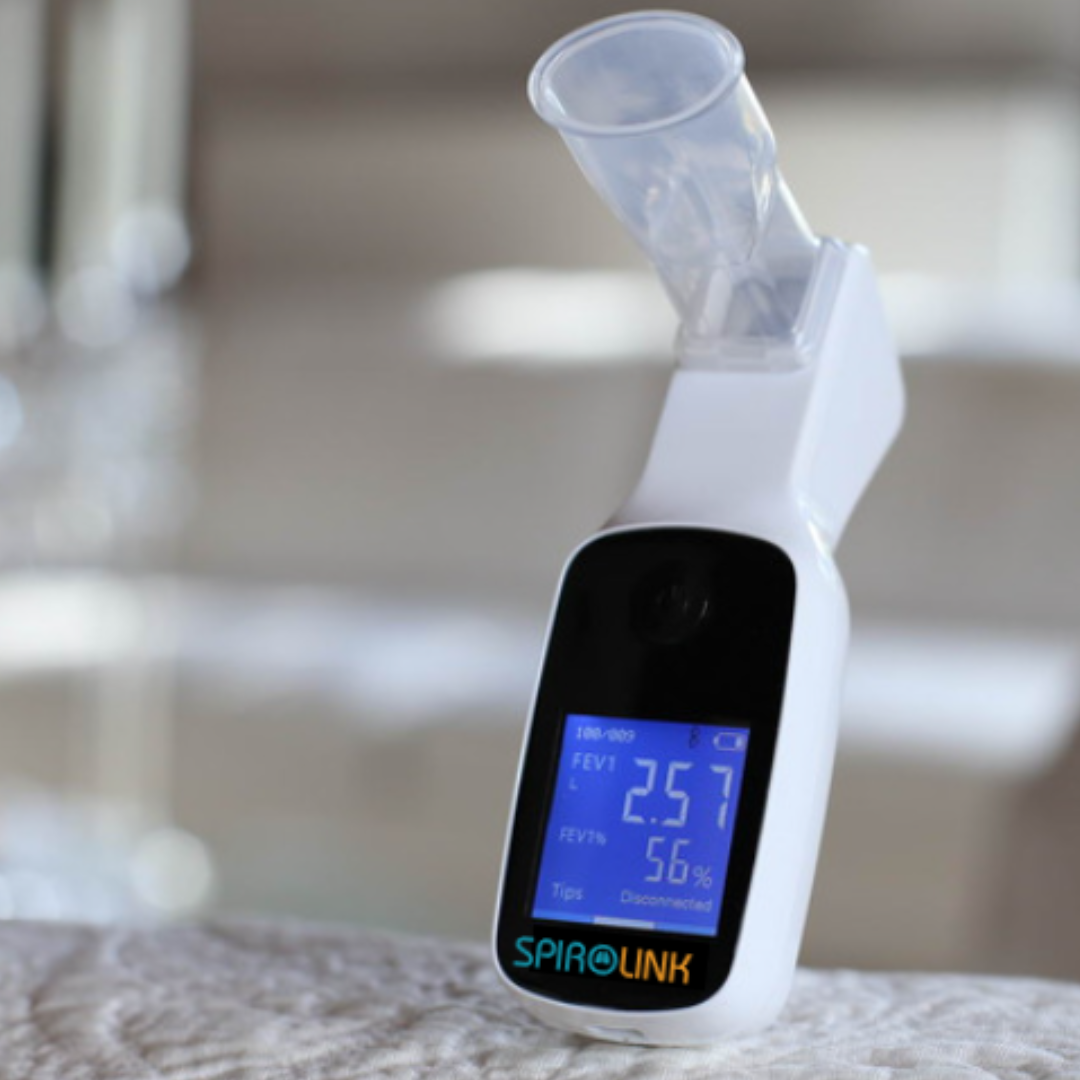
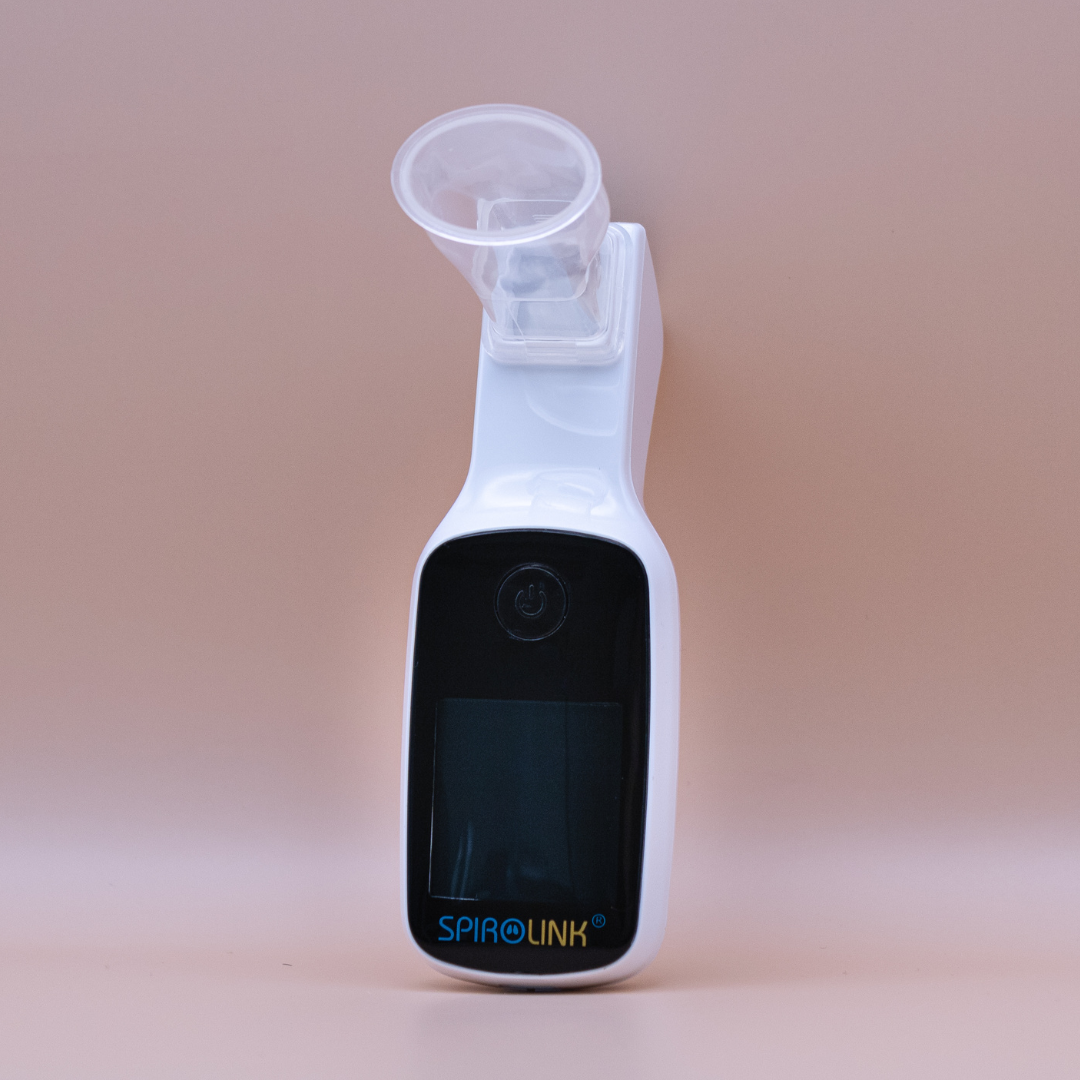

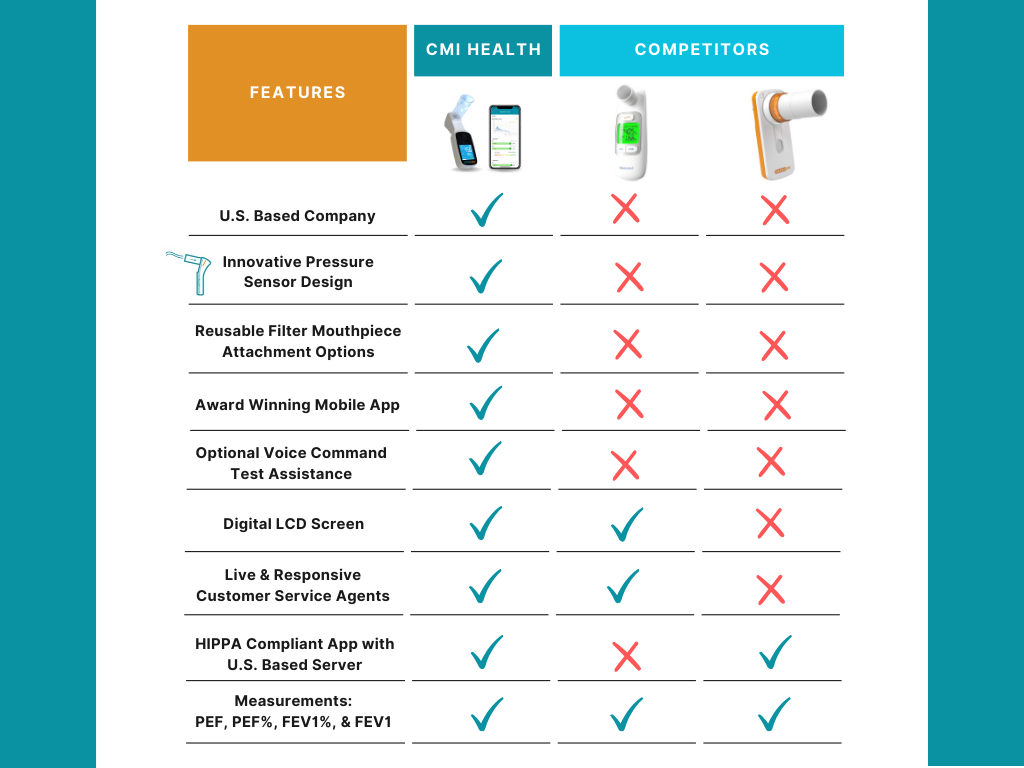
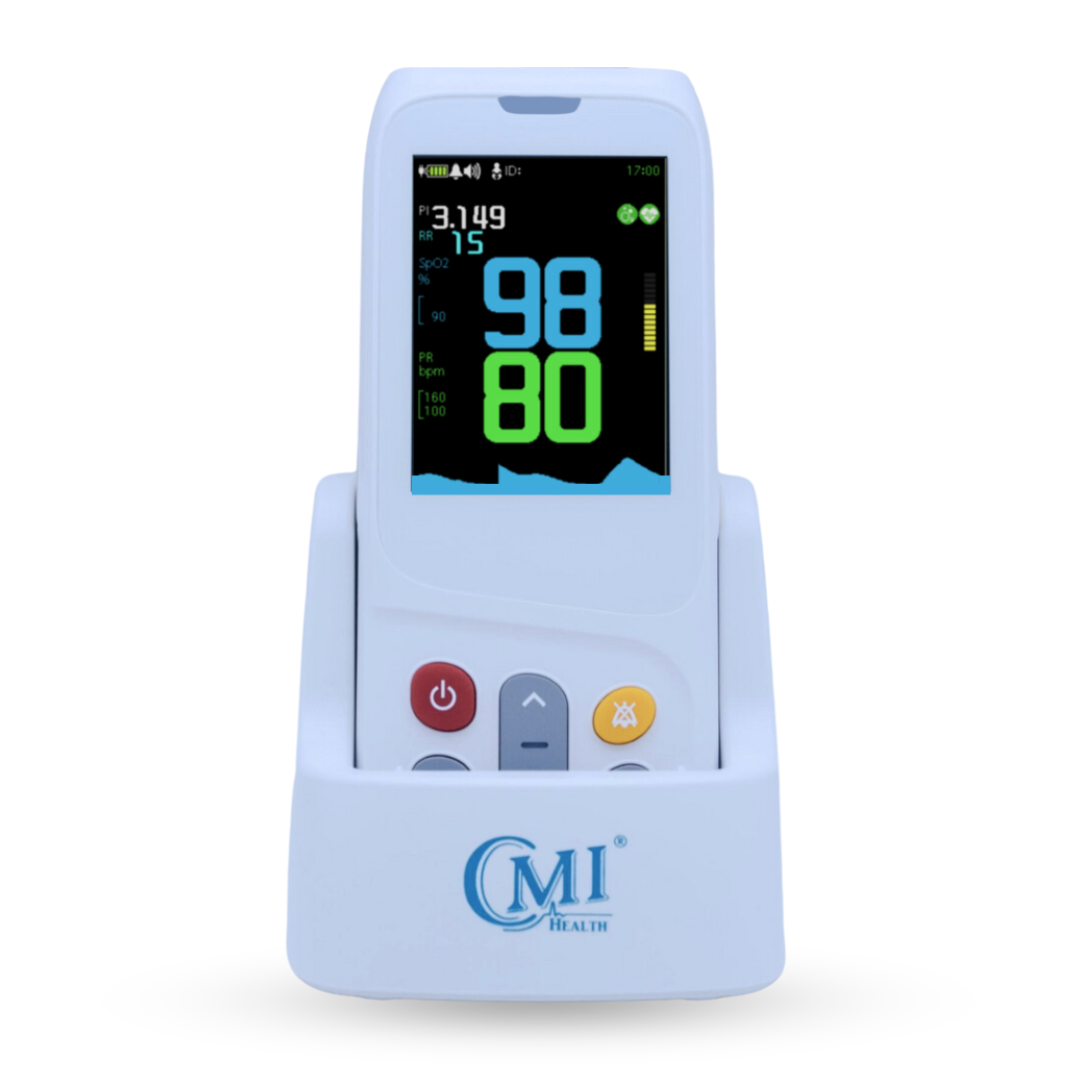
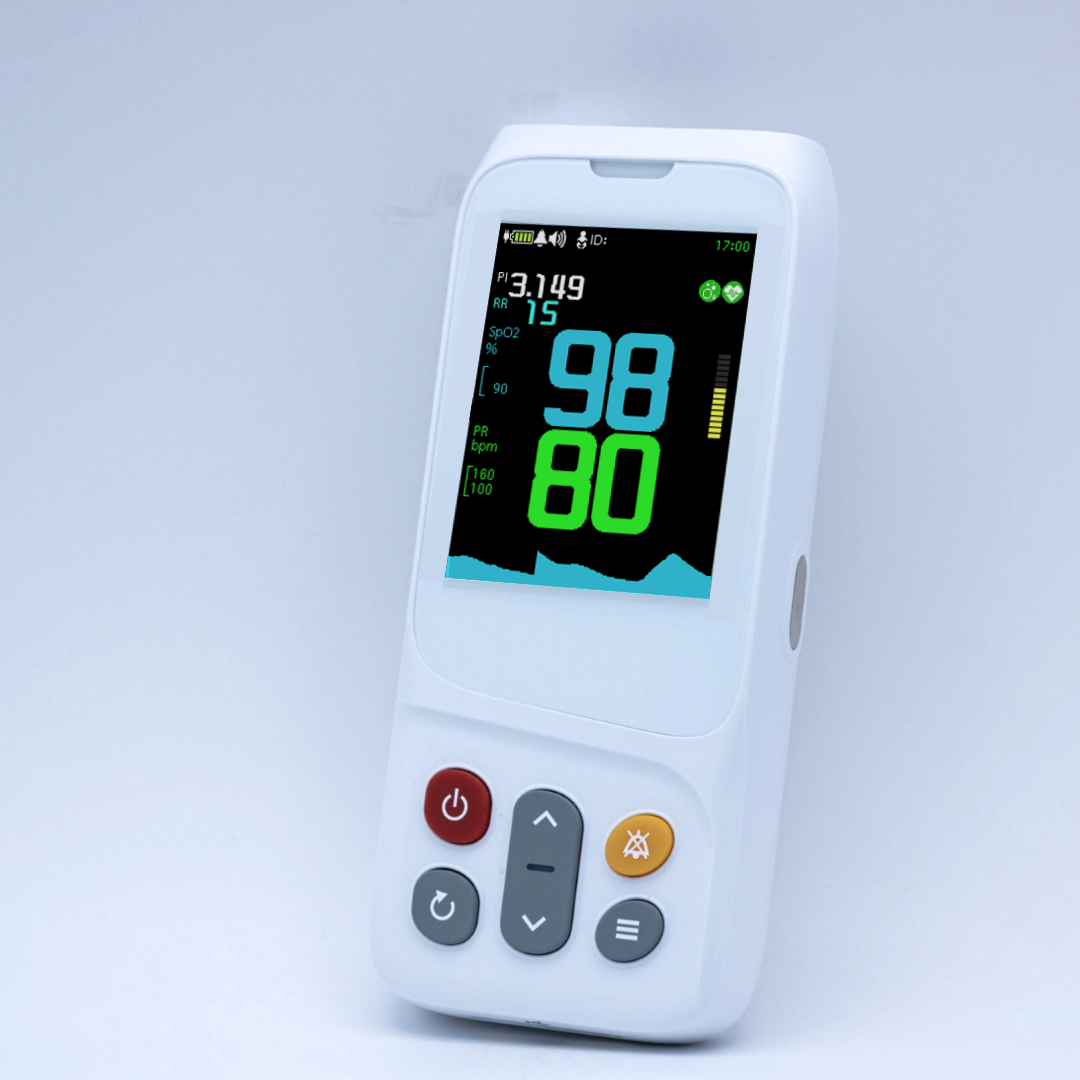
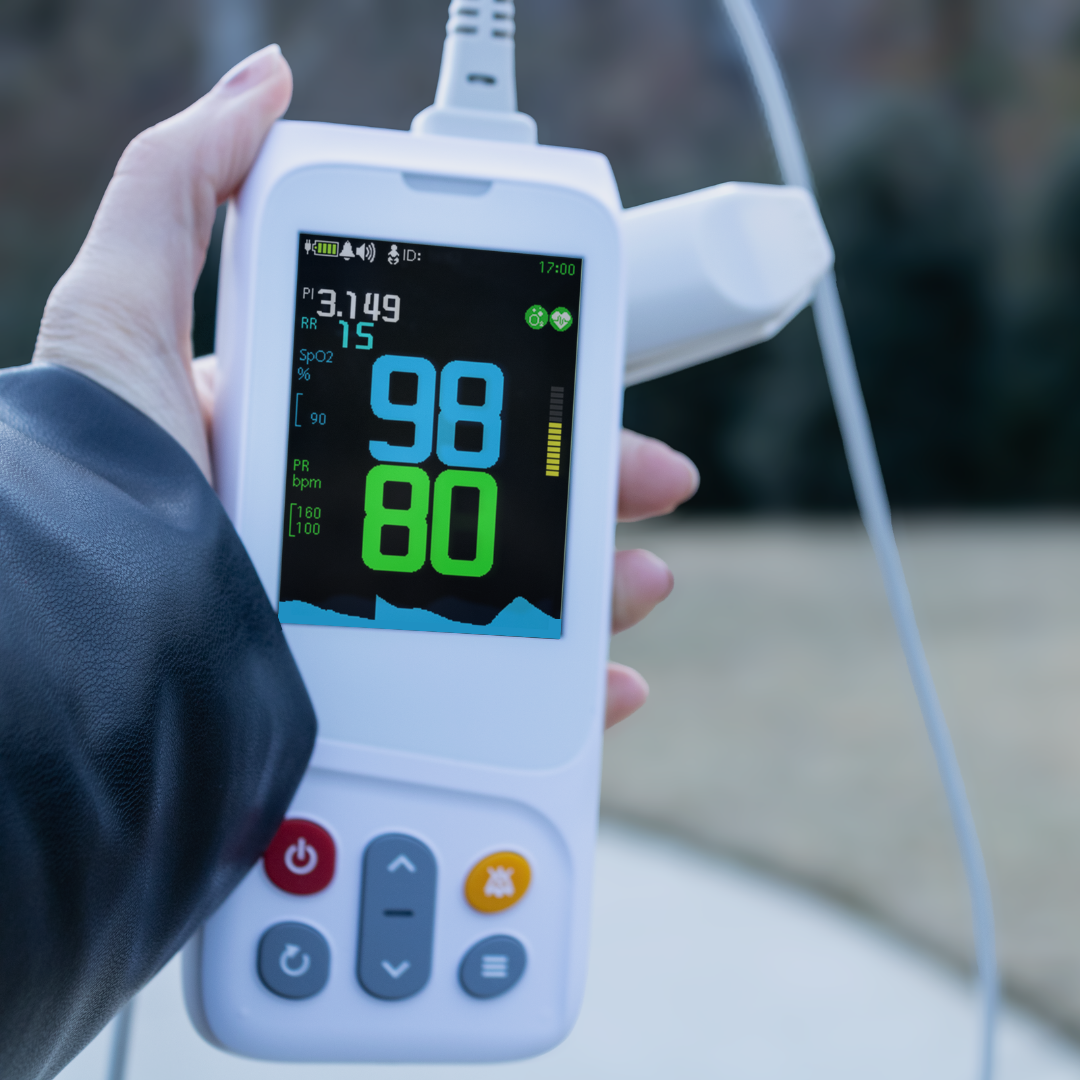
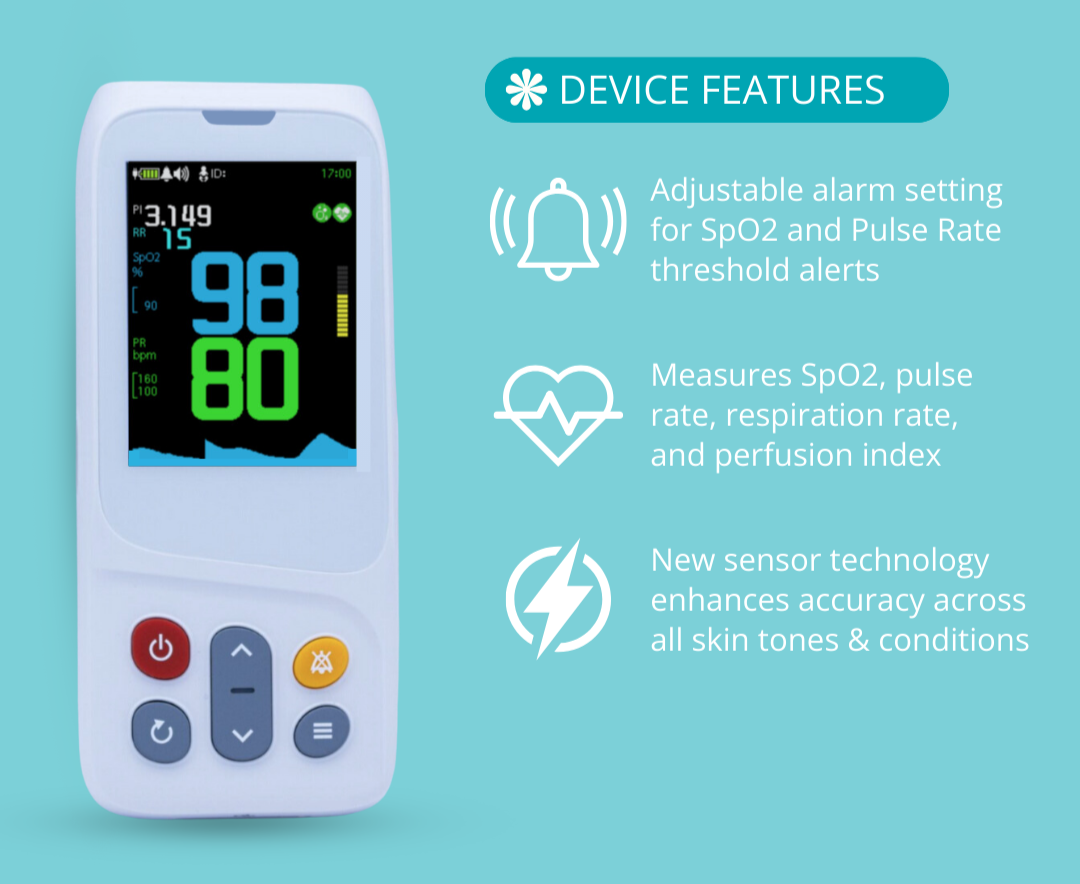
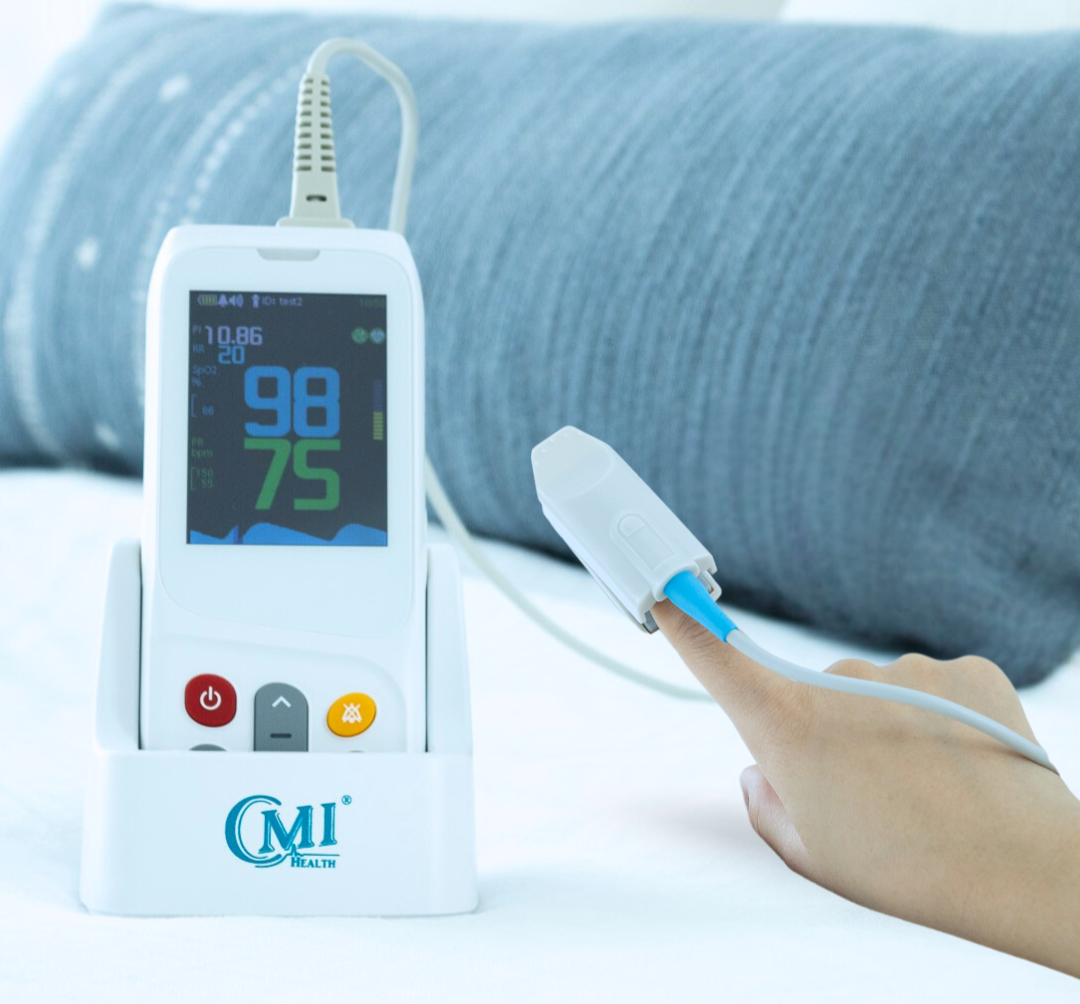
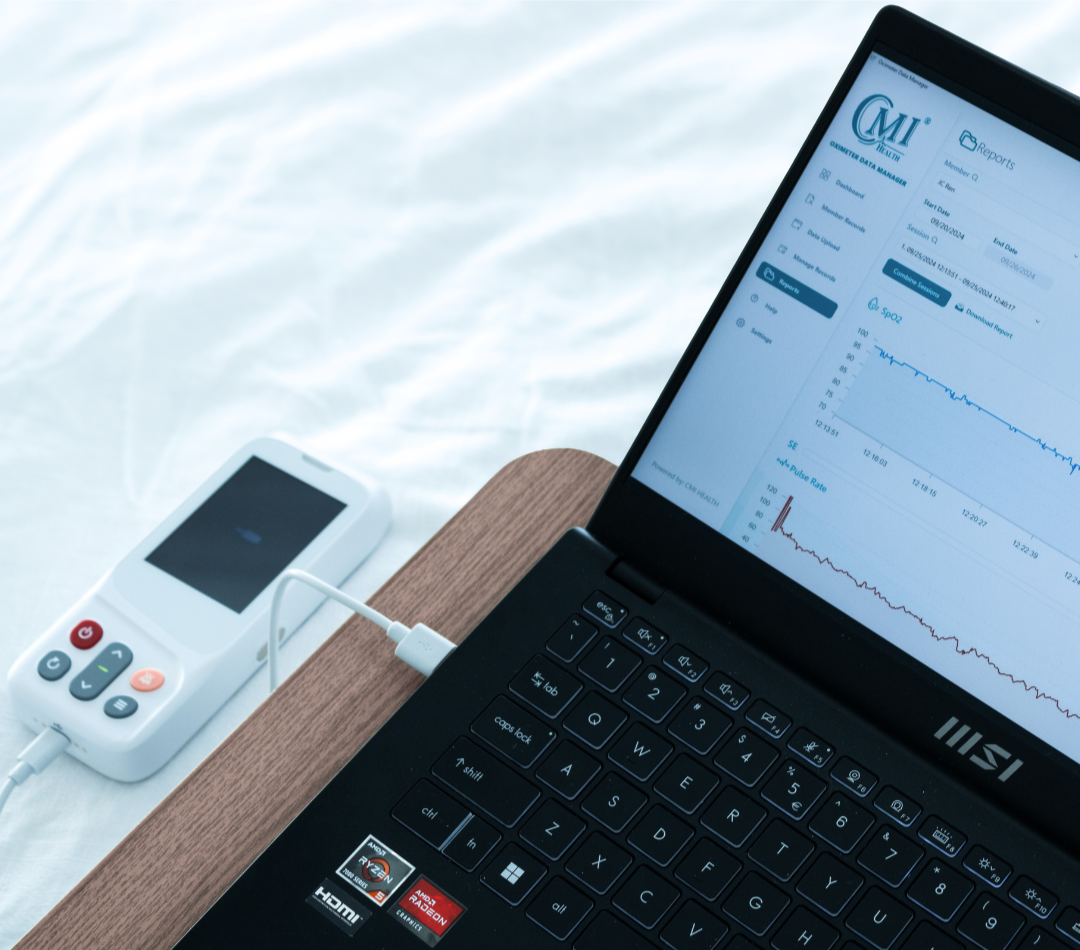
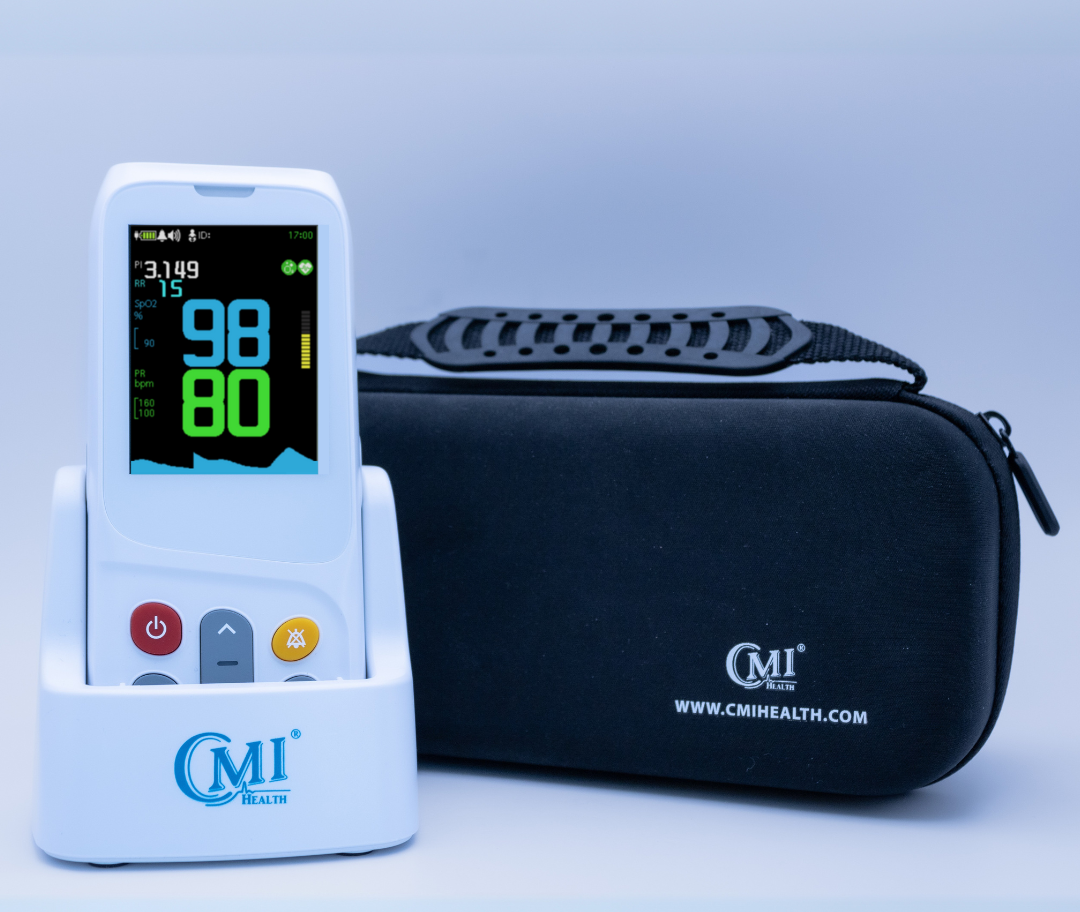
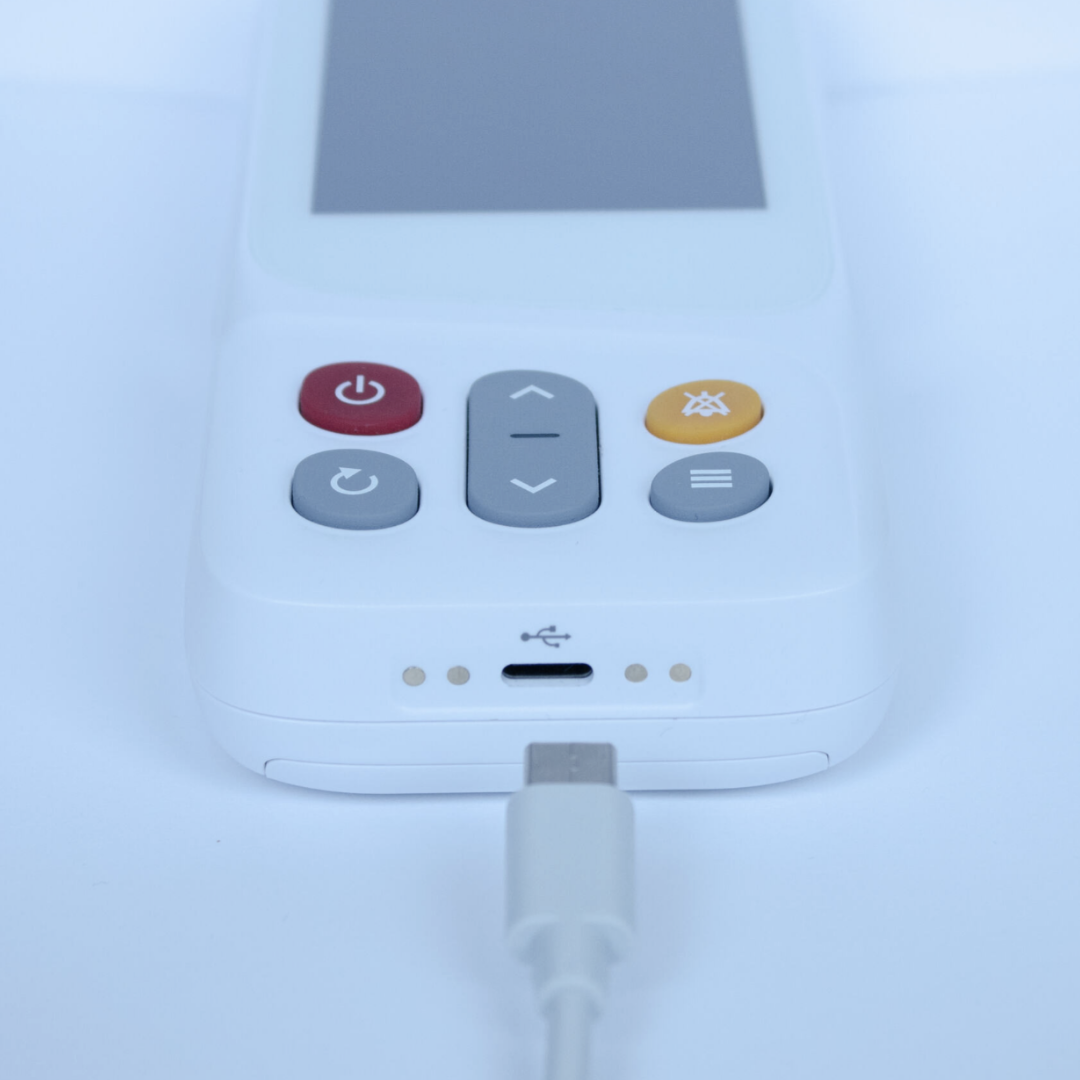
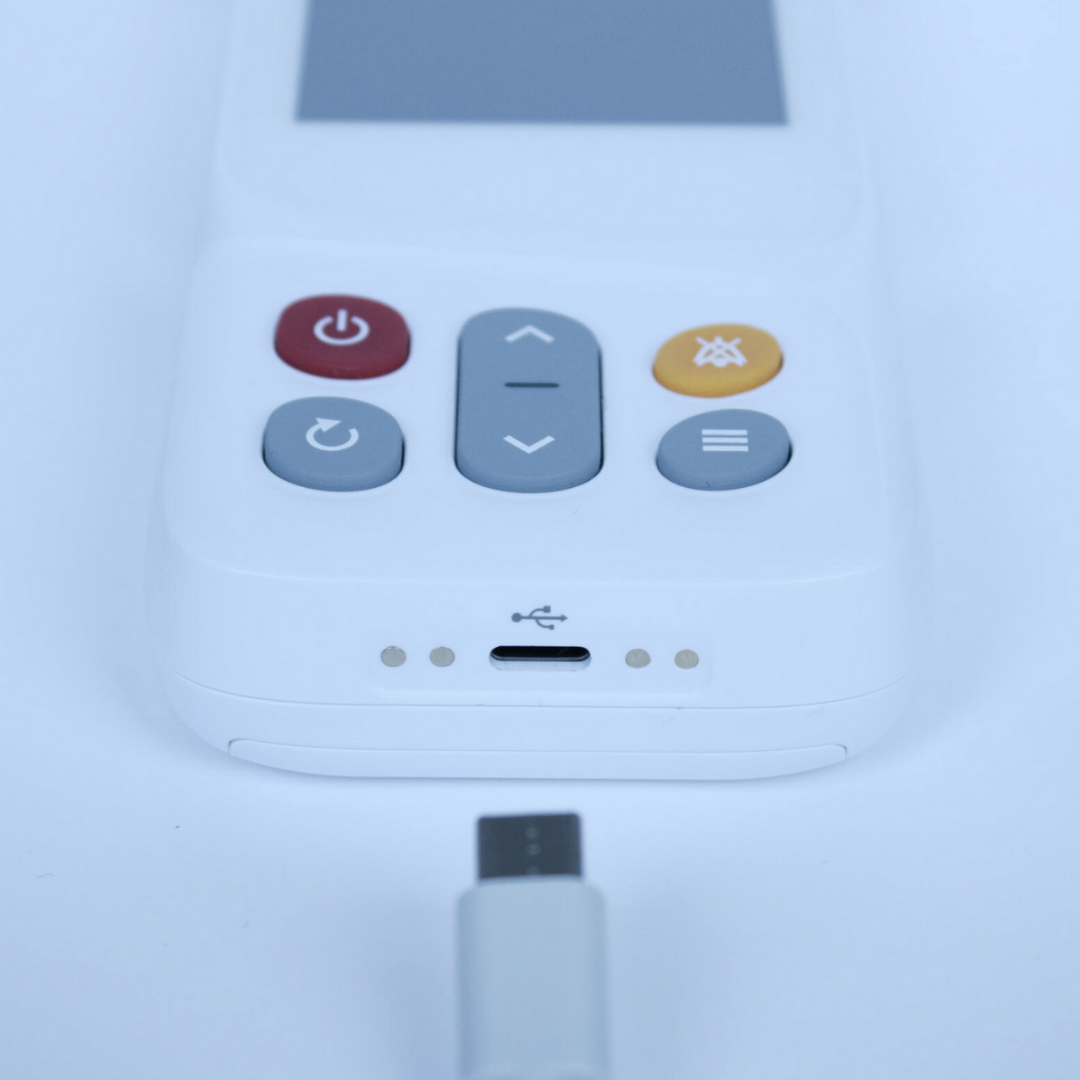
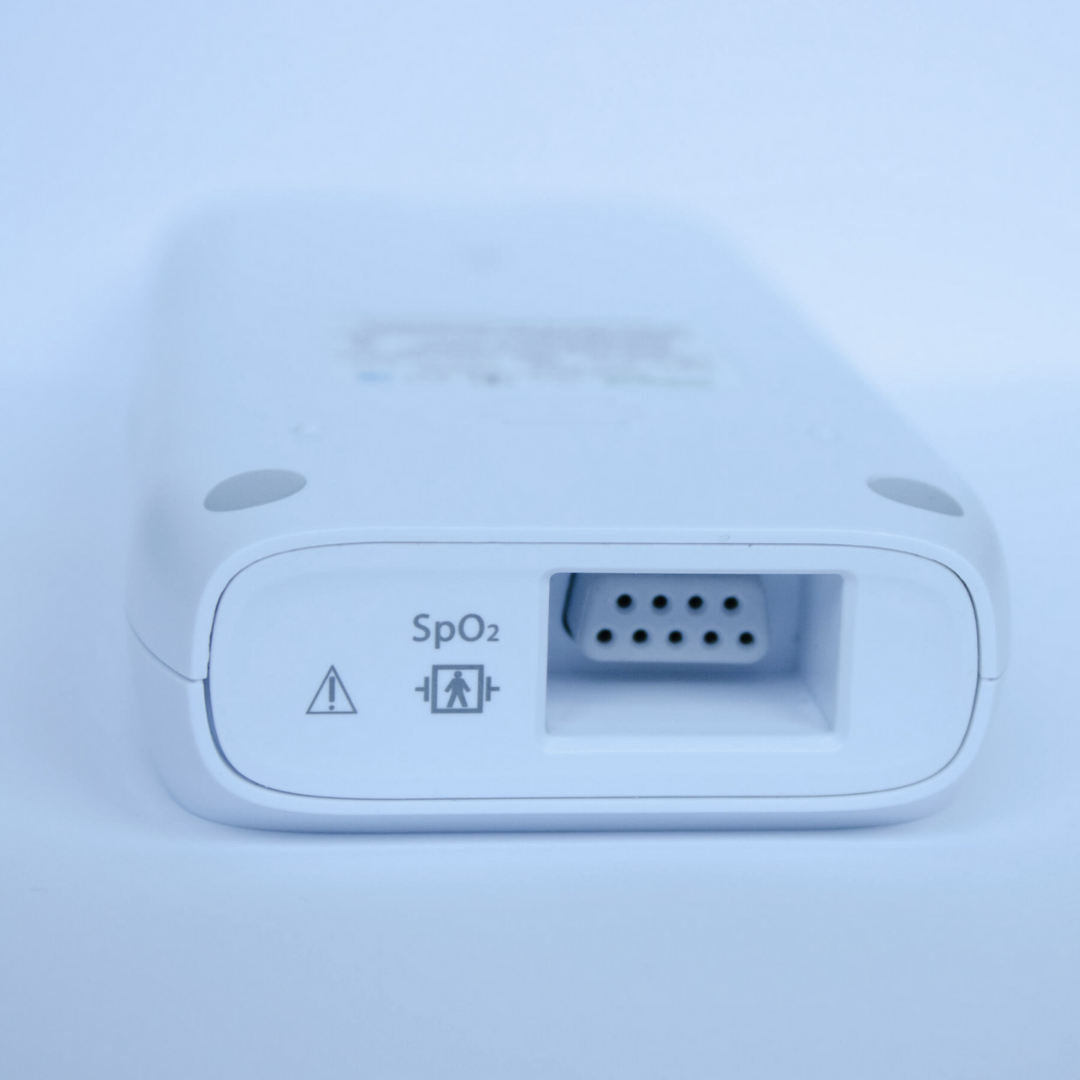
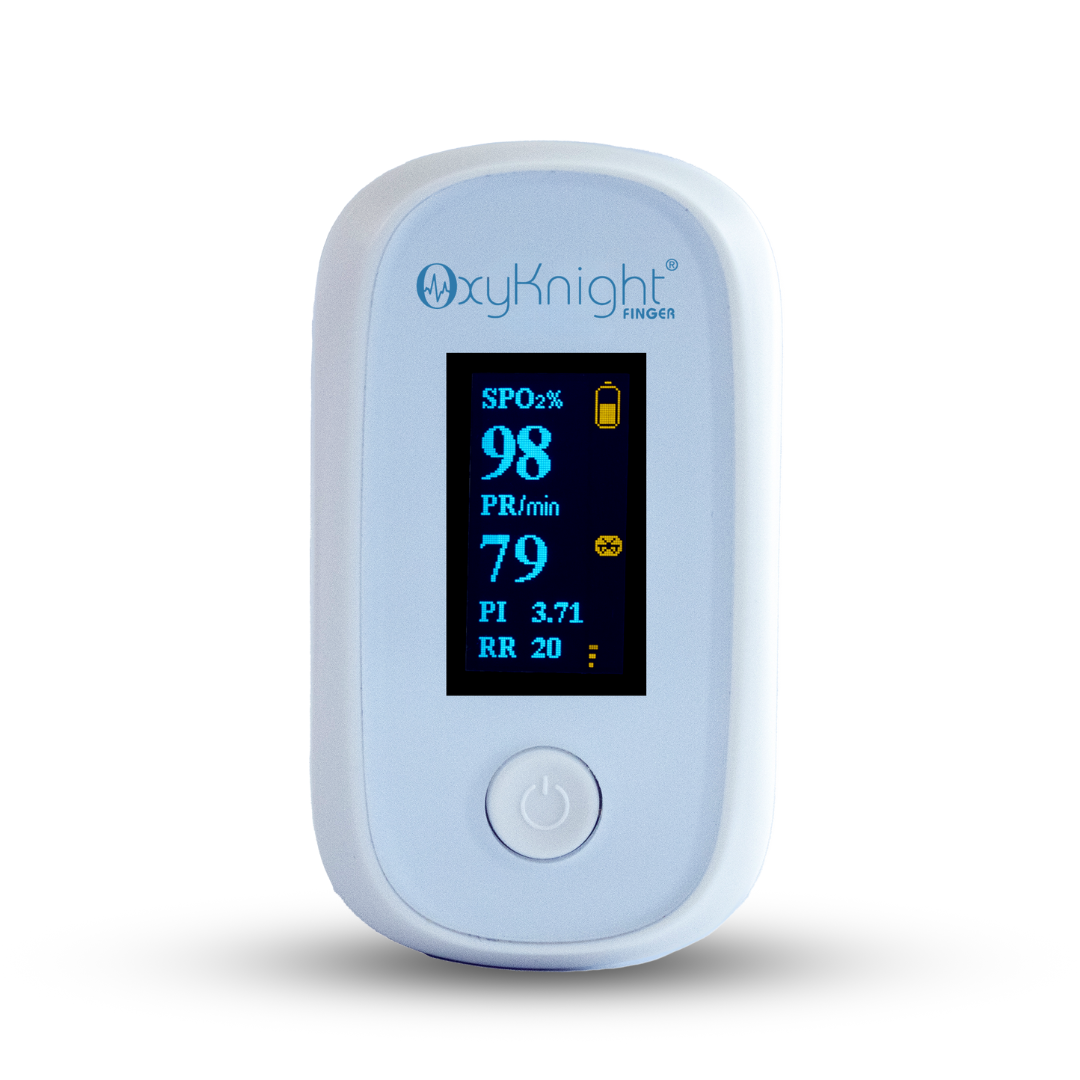












Leave a comment